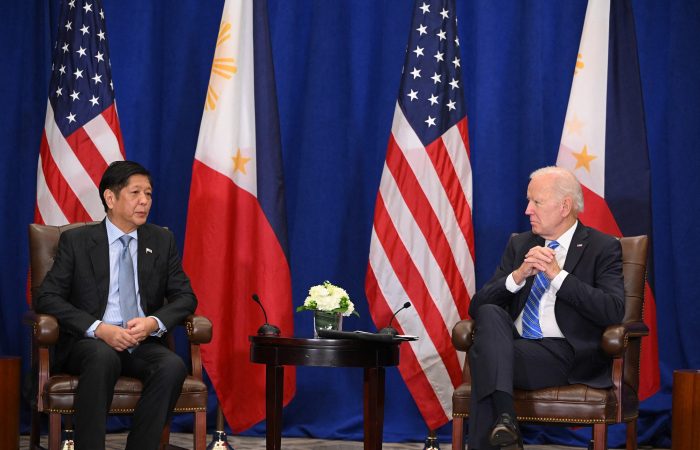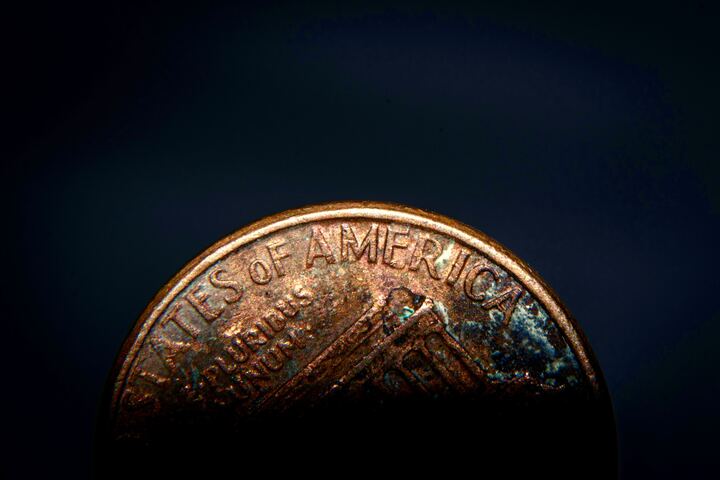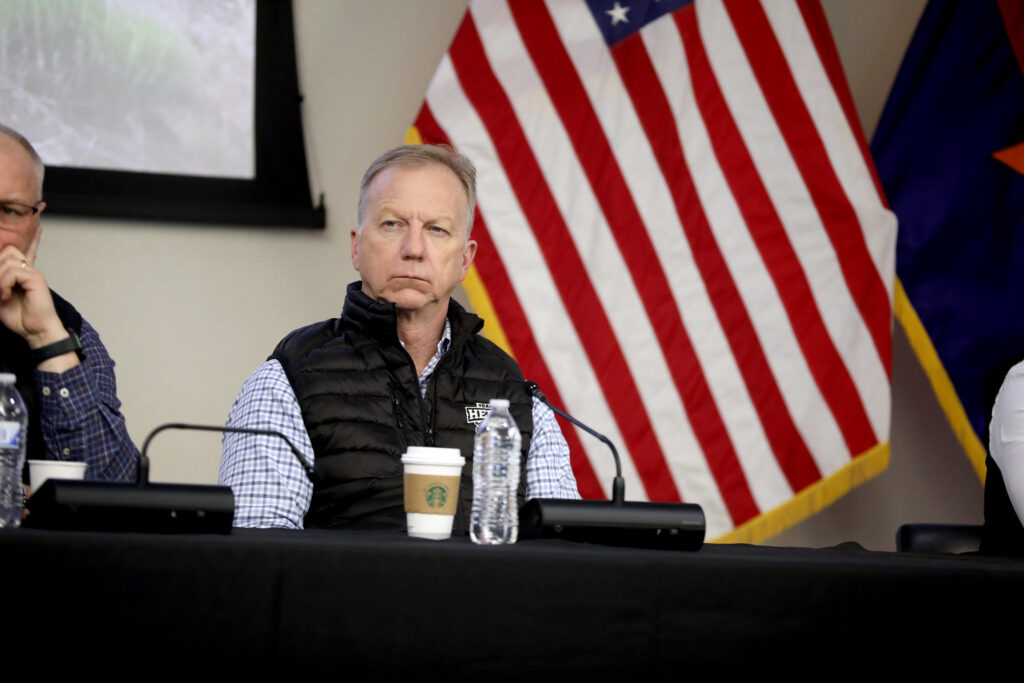After his six-day trip from 19-25 September 2022, President Ferdinand “Bong Bong” Marcos, Jr. returned to the Philippines from New York City where he spoke at the 77th General Assembly of the United Nations, delivered speeches in various forums, and met President Joe Biden. His trip to the US provided a window of opportunities for President Marcos Jr. to enunciate at the international stage his administration’s foreign policy of being “friend to all and enemy to none”.
This foreign policy articulation is a familiar line obviously taken from his predecessor, President Rodrigo R. Duterte. But compared with President Duterte who made a paradigm shift to China to challenge the US, President Marcos Jr. took a different approach by playing the US card to deal with China.
In his brief but substantive face-to-face meeting with President Biden, President Marcos Jr. candidly stressed, “We have always considered the United States our partner, our ally, and our friend” arguing that “We continue to look to the United States for that continuing partnership and the maintenance of peace in our region”. He also underscored that “the role of the United States in maintaining the peace in our region is something that is much appreciated by all the countries in the regions and the Philippines especially.”
Apparently, President Marcos Jr. was exerting his best effort to please President Biden in order to solicit American government’s support while his new administration is finding more effective ways to deal with China, the major source of Manila’s security anxieties in the West Philippine Sea (WPS). During their meeting, the two leaders openly discussed the current situation in the South China Sea (SCS) and underlined the need to maintain freedom of navigation and peaceful resolution of disputes in this highly contested maritime domain.
Though the Philippines and China are currently enjoying improved economic ties arising from President Duterte’s China-friendly policy, there are still some nuisance issues in Philippines-China relations that President Marcos Jr. needs to face with the assistance of the US.
One is the persistent but ill-informed anti-China sentiment in the Philippines associated primarily with China’s growing presence and grey-zone activities in the SCS, particularly in the WPS. During election campaigns, Marcos Jr. championed the policy of engaging China economically but with a strong caveat to defend and not to surrender even a square-inch of Philippine territories in the WPS in order to earn votes. His nuanced approach to deal with China in the WPS amidst domestic Sinophobia contributed to his landslide election victory. When the Commission on Elections (COMELEC) declared him as President during the May 2022 elections, Marcos Jr. took a tougher but cautious stand against China when he pledged to uphold the 2016 decision of the International Arbitral Tribunal strongly supported by the US and its allies worldwide. During his trip to New York City, Marcos Jr. even emphasized that “the Philippines has no territorial conflicts with China” who is the one “claiming territory that belongs to the Philippines”.
Second, there is a wide perception in the Philippines that China has miserably failed to fulfill its commitment to the Philippines to fund many infrastructure projects planned during the Duterte administration, which ambitiously launched the “Build Build Build” Project to be implemented presumably under China’s Belt and Road Initiative (BRI). However, COVID-19 pandemic challenges and other unforeseen factors severely affected Philippines-China infrastructure development cooperation. Confronted by real economic pressures of post-pandemic recovery, Marcos Jr. needed to renegotiate major loans and infrastructure projects with China to get better deals, especially on interest rates. Furthermore, Marcos Jr. realized that his administration could not totally rely on China to boost domestic economic growth after the pandemic considering that Beijing only contributed around $3 billion Foreign Direct Investment (FDI), thus far, to the Philippine economy. To meet his economic targets, Marcos Jr. needed to diversify sources of FDI by pitching for better economic relations with foreign investors in the US neglected during the Duterte administration. After his New York trip, President Marcos Jr. flaunted that he was able to encourage $4 billion worth of American investment pledges to the Philippines.
Third, recent domestic political dynamics in China related with the government’s handling of the pandemic problem and the holding of activities leading to the 20th Congress of the Communist Party of China (CPC) scheduled in October 2022 have practically diverted the attention of Beijing away from Manila. Focused heavily on domestic politics, China has relegated the Philippines at back-burner of the government’s foreign policy agenda. Though the current situation in Taiwan has reminded Beijing of the paramount strategic role of the Philippines because of Manila’s existing military alliance with Washington DC, China, however, has remained complacent in dealing with the Philippines. Consequently, Beijing fails to decisively address with Manila the worsening problem of Chinese nationals in the Philippines involved in various crimes associated with Philippine Offshore Gaming Operations (POGOs). This situation, which exacerbated the distorted anti-China feeling of Filipinos, even encouraged the Chinese-Filipino community to urge for the immediate banning of Chinese-run POGOs in the Philippines because of rising social costs.
These are just some of the key issues making China to remain unpopular in the Philippines. China’s negative image in the Philippines is seriously affecting the steady improvement of Philippines-China relations under Marcos Jr. administration. These issues if taken lightly by Beijing will pose heavy burdens for Manila.
But these issues do not mean that the Philippines is drifting away from China. President Marcos Jr. still has the marching order to “shift Philippines-China relations to a higher gear”. It is also well-known that the Marcos family continues to enjoy deep historical and personal connections with the Chinese considering the Marcoses’ enormous achievements in establishing and nurturing Philippines-China diplomatic relations since 1975.
Thus, China still looms large in the agenda of Philippine foreign policy under Marcos Jr. In his trip to New York City, Marcos Jr. even declared that his government would “try everything” with China and would explore all approaches that would work with China.
There is no doubt that Marcos Jr. is just currently playing the US card in order to get better deals with China.
If China is serious in pursuing comprehensive strategic cooperation with the Philippines, Beijing should give Manila better deals under President Marcos Jr. who continues to admire China’s status as a great power. Better deals with China not only pertain to mutually beneficial economic relations in terms of trade, loans, aid and tourists, among others but also reasonable diplomatic and political concessions in the WPS, particularly in the context of China’s growing presence around the Kalayaan Island Group (KIG) and current discussions on the joint development of gas and oil. Otherwise, Marcos Jr., compelled by the prevailing circumstances, can pursue the option of playing the American card by promoting closer ties with the US, its only security ally that remains, so far, as the number one economic and military superpower in the world.
Dr. Rommel C. Banlaoi is the President of the Philippine Society for Intelligence and Security Studies (PSISS) formed under the auspices of the Philippine Institute for Peace, Violence and Terrorism Research (PIPVTR) where he also serves as Chairman of the Board.




